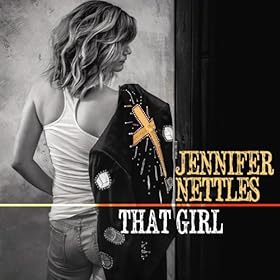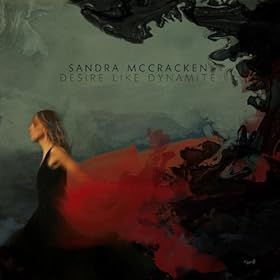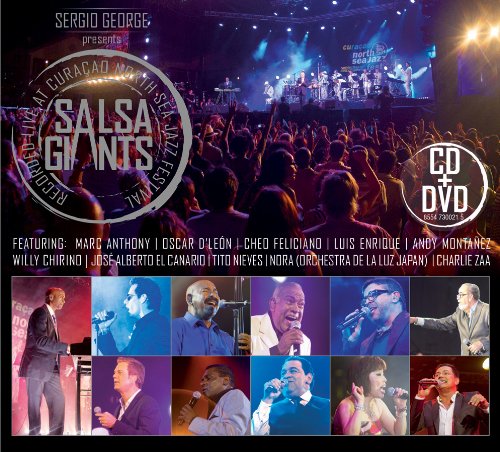[img:$uid]http://i.imgur.com/etrjjOU.jpg?1?7945[/img:$uid]
Jazz Monthly: Keiko Matsui Interview
August 22, 2013
Link
|It is fitting that the name “Keiko” means “happy, celebratory child” in Japanese.
Veteran composer, keyboardist and globally renowned performer Keiko Matsui has spent the last 30 years creating music that celebrates and elevates the human spirit, with a playful melodic sense of innocence and a youthful energy that has inspired several generations of instrumental music fans throughout the world. Drawing inspiration from acoustic new age, jazz fusion, pop, R&B and world music, the Japanese born Matsui, currently celebrating a triumphant 25 years of recording in the U.S., continues to create music that is, borrowing from the immortal phase by Duke Ellington, blissfully “beyond category.”
Testament to her truly global appeal is her performance this past April as an invited guest at the second International Jazz Day in Istanbul, sponsored by UNESCO, alongside legends like Herbie Hancock, George Duke, Ramsey Lewis, Jean-Luc Ponty and Wayne Shorter. An honored humanitarian with an extended history of recording and performing to raise money and awareness for numerous organizations, Matsui has been involved in such causes as The Daniel Pearl Foundation, The United Nations World Food Programme, Be The Match Marrow Registry and The National Donor Program and Marrow Foundation. She has also lent her efforts to the continued revitalization and healing of Japan in the wake of the recent Tsunami and Fukushima disasters.
Reflecting her socially conscious, universal approach to her life and music, her latest Shanachie album, the provocatively titled Soul Quest, was recorded and conceptualized in New York, Japan, San Francisco, Los Angeles and Eastern Europe. It features first time collaborations with composer/producers Chuck Loeb and Narada Michael Walden (in addition to tracks produced by longtime collaborator Derek Nakamoto) and featured spots by Marcus Miller, Kirk Whalum and Andy Snitzer.
JazzMonthly: I think the first time I interviewed you was 1989, when your second album, Under Northern Lights came out. Now you are celebrating over 25 years of recording in the U.S. What has been the most unique and enjoyable part of this long journey?
KM: I can say that my experience giving concerts has been the most exciting and inspiring part, and I feel fortunate that I have been able to perform music that connect people beyond their cultural differences. I always have more friends waiting for me in different parts of the world and we go through these concert experiences together. I have also appreciated the opportunity to use music to bring attention to political problems, nature problems, and even great tragedies like the tsunami and earthquake. One of my missions in this life is to help people with these troubling things, and I have dedicated many shows to different causes. Having a career for this length of time allows me to spend time with longtime fans who are now bringing their kids or grandkids to the shows. I feel blessed and honored by their support and truly understand the way music connects us all beyond our differences.
JM: How do you think you have grown as a composer and musician over the years? Are you inspired by the same things now as you were back then?
KM: I probably am saying the same thing as I did back in ’89, that when I’m composing I take a lot of time to receive these melodies – almost like a ceremony that happens between me and the Universe. With each album, I feel my connection to the piano becoming deeper, and really feel like a new gate is opening now that will take me to a different stage in my career. Once the songs come together, then I look at the big picture and see the message I am supposed to deliver through the music. The songs reflect my life and my connections to all human beings. Over time those have become deeper and allowed me to be more musically adventurous.
JM: Not many artists are as successful in sustaining a career for this long. To what do you attribute your longevity? What role do you feel your fans play in your success?
KM: I just love making music and putting emotion into my work, as I have done from A Drop of Water, my first album, to Soul Quest. The concerts have never stopped, and I enjoy connecting with people now more than ever. I get so much joy and appreciation from my fans, who help me smile and encourage me to go on. Now I look back at a quarter century or more, and wow, it’s crazy. I am enjoying myself more than ever and feeling like music is not just work to me, but a true mission. Every recording and live performance is part of that.
JM: You continue to tour all over the world. How many dates a year do you play? Where have you toured in the past year?
KM: I haven’t been counting lately, but now it’s maybe 70 shows. It always fluctuates. While I am very fortunate to perform so often and feel good about my ability to sustain a career playing music on the road, the contemporary jazz market is more difficult nowadays because there are less terrestrial radio stations. Fortunately, internet radio is catching up, which gives me and others in the genre opportunities to meet more people. Everyone is having a harder time than we used to have.
Last year at a festival I played at, some of the other artists congratulated me because of everyone on the bill, only I and Joe Sample did our own shows that were not part of packaged tours with other artists. Earlier this year, I traveled to five countries in Eastern Europe, including Russia, Ukraine and the country of Georgia for the first time.

![]() , not a big sugarland fan though.
, not a big sugarland fan though. ![]()
 New topic
New topic Printable
Printable Report post to moderator
Report post to moderator











 See the Full Tori Kelly Photo Gallery
See the Full Tori Kelly Photo Gallery



 Central Press, Hulton Archive, Getty Images
Central Press, Hulton Archive, Getty Images


